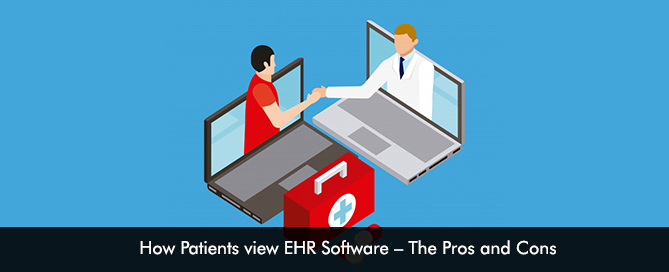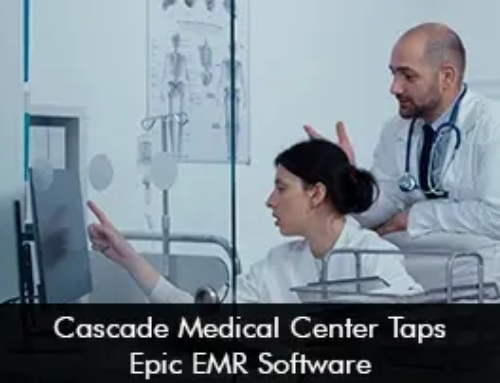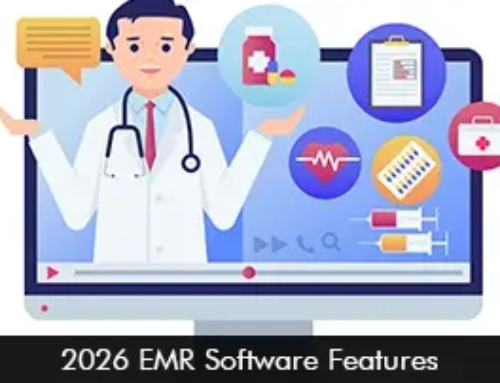Electronic Medical Records (EMR) software systems have been deployed by medical organizations, hospitals, and practices to enhance workflow efficiencies and also improve patient care by keeping them satisfied. Physicians have realized that these robust systems have helped to streamline administrative, clinical, and financial tasks with the set of functionalities it offers to them. It is also important to know how patients feel about healthcare technology solutions and EHR software systems. In this article, we will look at how the public perceives these software solutions to comprehend EMR software progresses.
Patient perceptions and views about Electronic Health Records Software
By studying patient perceptions closely the health care sector can improve the EHR software technology and expand planning and policies. Many people have positive views about software technology and prefer to go to healthcare providers that offer services through healthcare technology. The January 2019 KFF Health Tracking poll revealed interesting findings related to patient experience and attitudes when it comes to EMR software systems.
Findings related to quality of care
88%of the patients said that their healthcare provider has deployed an EHR software system and digitized patient records.
It was revealed that 45% of the public had a positive experience with the software system and due to the EMR software the quality of care was enhanced. 47% of the patients reported they feel that even with the software system the care level remained the same. Only 6% of the patients felt that EMR software declined the quality of care provided by their physician. In a nutshell, patients have felt that the software system helps to improve clinical encounters and doctors focus to increase the level of patient outcomes. Majority of the young adults say that that software has improved the quality of care.
The patient’s major concern according to the poll is quality of care and privacy and errors via using the software solution. The main pros of EHR software for patients include the following,
- Patients have quicker and easier access to their patient records and lab results via the Patient Portal EMR software
- Any errors can be quickly identified by the patient.
- Care coordination can enhance as patient data can be shared in real-time.
- Medication mistakes are reduced which improves patient safety.
However, there is always a risk of data breaches and patient privacy is at risk as the information is being transmitted on different systems. Most of the patients who have electronic health records are concerned about illegal users accessing their private data in a harmful way. More young adults say that they are not concerned about unauthorized users accessing their confidential medical and financial data.
Concerns about errors in medical information
Nearly half of the patients are concerned that errors in medical information and data may harm their care process. 21% revealed that they have noticed an error in their EHR software, here is an analysis of inaccuracies,
- 9% incorrect medical histories
- 5% incorrect personal information
- 3% incorrect lab or test results
- Less than 1% billing issues
Concluding remarks
Most of the patients have a positive interaction with healthcare technology and feel that the EMR software solutions have enhanced their overall care process and also have improved physician interactions. No technology is perfect but EHR software systems have made it possible to reduce human errors and the HIPAA Compliance and ONC-ATCB certifications have encrypted patient data and information round the clock from cybersecurity threats and attacks.








